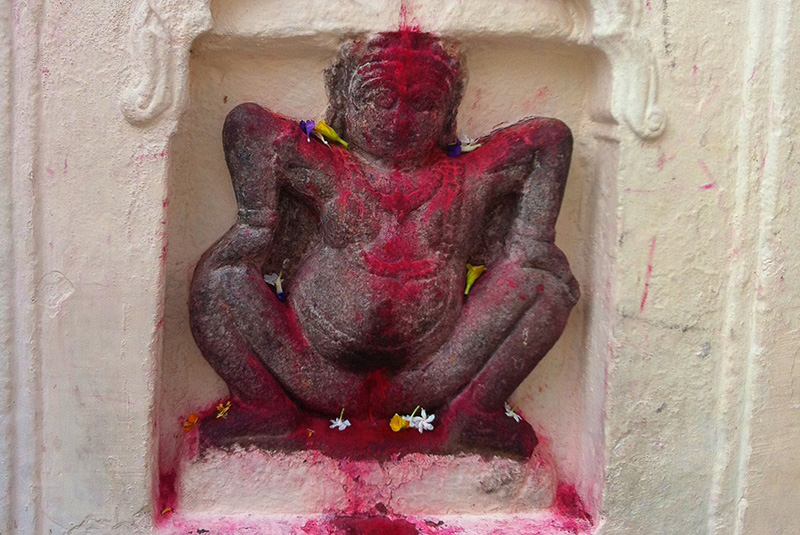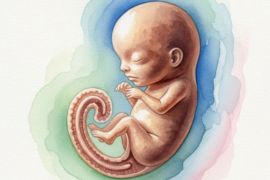Twenty-six-year-old Manju is among the hundreds of thousands of Indian women who cannot afford to use sanitary products. She uses a piece of cloth, torn from her old saree, washes it and reuses it till it lasts. Embarrassed about others seeing her rinse it, she wakes up in the wee hours of the morning to do the chore without anyone seeing her; her mother often told her to keep her periods a secret.
Manju, a daily wage labourer, hauls cement and bricks at the construction site even when abdominal cramps make it very difficult for her to do the job – she has no choice. “What will we eat if I don’t work?” she asks. A Dalit woman from a lower caste, with very meagre income, she is trapped in a cycle of poverty. Taking time off from work is not a luxury she can afford.
But for Kala, a thirty-five-year-old homemaker from a middle-class Brahmin family, it’s a slightly different experience; being on her periods brings her daily life to a halt. During those four days, she becomes an ‘untouchable.’ She sits on the ground in the corner of a room to make sure that she does not touch anyone – or anything. Her mother-in-law serves her food from a separate plate in such a way that the ladle doesn’t touch her or her plate.
Kala doesn’t cook during the four days and makes sure that her shadow does not fall on food – especially on the pickles or milk – in the belief that they might get ‘polluted.’ At night, she sleeps on a thin jute rag (known as Kantaan), used especially during her periods; she does not touch her husband or her child. But on the fifth day, after a ritual head-bath, she comes back into the caste hierarchy again where she is considered to be a ‘pure’ Brahmin.
Copyright©Madras Courier, All Rights Reserved. You may share using our article tools. Please don't cut articles from madrascourier.com and redistribute by email, post to the web, mobile phone or social media.Please send in your feed back and comments to [email protected]











